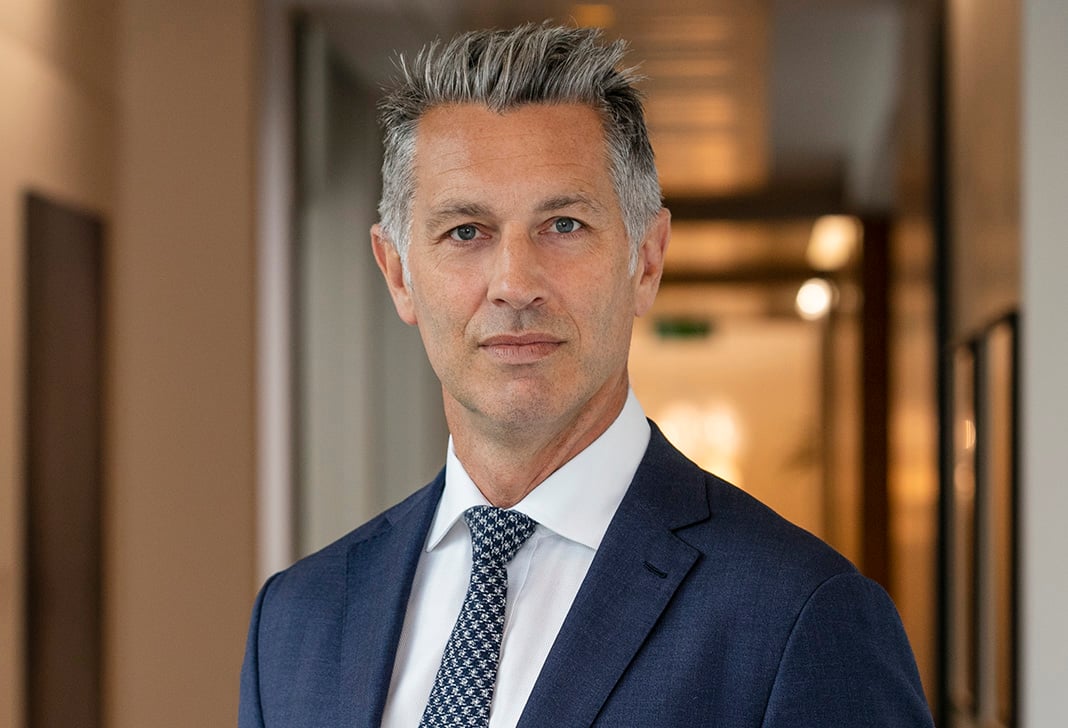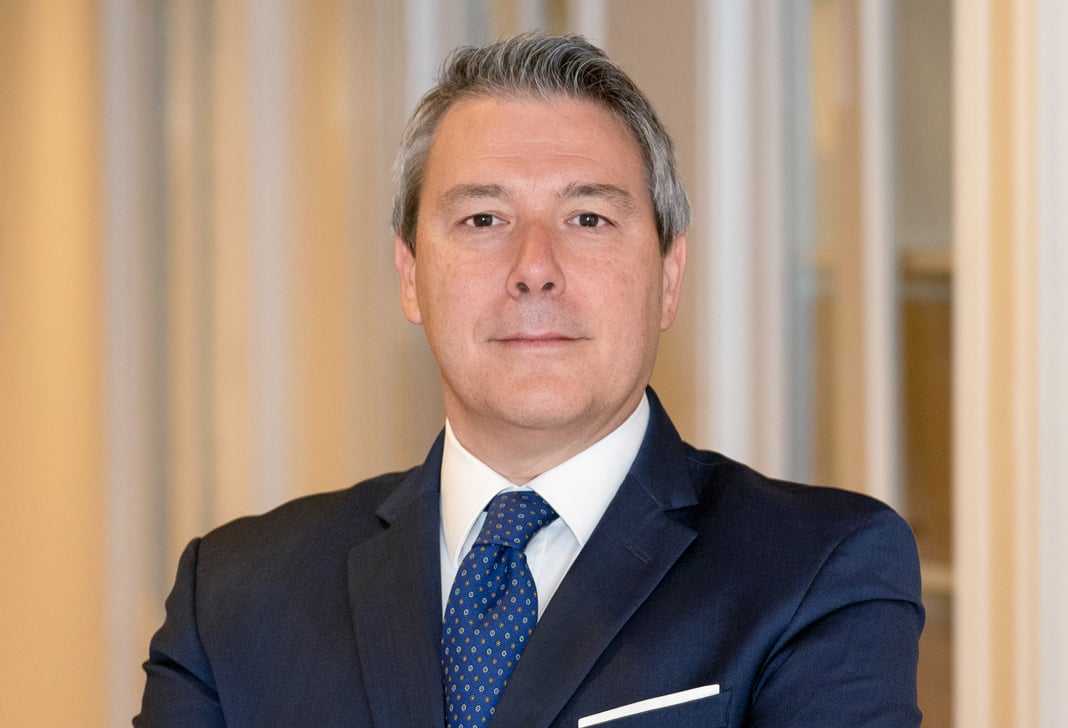
EuroResource--Deals and Debt
Global—On 26 July 2013, the French government filed an amicus curiae ("friend of the court") brief supporting Argentina's petition requesting the U.S. Supreme Court to review a ruling handed down by the U.S. Court of Appeals for the Second Circuit on 26 October 2012 (see NML Capital, Ltd. v. Republic of Argentina, 699 F.3d 246 (2d Cir. 2012)) upholding a lower court order enjoining Argentina from making payments on restructured defaulted debt without making comparable payments to holdout bondholders. The protracted legal saga arising from Argentina's US$100 billion default in 2001 has come to involve the International Monetary Fund (the "IMF"), the U.S. and, now, France due to its implications for future sovereign-debt restructurings. In its amicus brief, France argues, among other things, that: (i) the Second Circuit's ruling deviates from fundamental tenets of equity jurisprudence; and (ii) the Second Circuit's decision threatens wider public interests. The IMF recently backed away from a plan to support Argentina's appeal after U.S. Treasury officials counseled that it was not the right time for the fund to get involved in the case. The Supreme Court will not decide until this fall whether to hear Argentina's appeal.
The UK— In a much-awaited judgment, In the Matter of the Nortel Companies and In the Matter of the Lehman Companies, [2013] UKSC 52 (24 July 2013), the UK Supreme Court has decided that the liability of a company in administration or liquidation to contribute to an underfunded defined benefit pension fund following a Financial Support Direction or Contribution Notice issued by the UK Pensions Regulator after the commencement of the insolvency process was a provable debt ranking equally with other unsecured creditors. Crucially, it was held that it was not an expense of the administration or liquidation which would cause it to rank ahead of all creditors, except fixed charge holders, and the administrator's or liquidator's own remuneration. This is a very helpful decision as it brings certainty after several unsettled years over the treatment of these pension liabilities which, because of their size, are able to alter fundamentally the centre of gravity of any administration or liquidation. A more detailed discussion of the ruling can be accessed here.
The Netherlands—Effective 1 July 2013, Dutch corporate governance legislation has been amended with respect to shareholder rights, identification of shareholders and disclosure obligations with the goal of improving interaction and dialogue between companies and their shareholders. Key features of the amendments include:
Amendments applying to all (listed and non-listed) Dutch NV-companies (Naamloze Vennootschappen). The statutory threshold for shareholders eligible to request agenda items for a general meeting was increased from one percent to three percent. Thus, only one or more shareholders representing in aggregate at least three percent of the issued share capital may exercise this right. The alternative threshold—an aggregate capital interest of at least €50 million—was abolished. However, a company's articles of association may establish lower threshold(s).
Amendments applying only to Dutch-listed companies (both Dutch NV-companies and foreign companies whose shares are listed in the Netherlands). The lowest threshold requiring disclosure of substantial shareholdings (i.e., any direct or indirect capital interest or controlling right) in a listed company was reduced from five percent to three percent. Therefore, any shareholder with shareholdings representing between three and five percent of a listed company's stock on or after 1 July 2013 must notify the AFM (the Netherlands Authority for Financial Markets) no later than 29 July 2013. The prior five percent threshold continues to apply. The notification requirements now also apply to gross short positions.
Rules allowing listed companies to identify shareholders and their respective holdings were also introduced. The new identification procedures apply only to shareholders representing at least 0.5 percent of the issued share capital. The company may request disclosure of the information from certain institutions and intermediaries. Any such request must be made no earlier than 60 days before a general meeting. Moreover, one or more shareholders holding in aggregate at least 10 percent of a listed company's stock may request that the company take steps to identify certain shareholders. Any such request must be made no earlier than 60 days, and not later than 42 days, before a general meeting. All requests must be disclosed on the company's web site.
Going forward, a listed company may circulate information among identified shareholders (identified as described above) on its own initiative or upon a request of one or more identified shareholders representing in aggregate: (i) at least one percent of the listed company's issued capital; or (ii) a capital interest of at least €250,000 ("qualifying shareholders"). The information to be circulated may relate solely to items placed on the agenda of a general meeting. The company is obligated to circulate the information as provided by qualifying shareholders, unless: (i) the request was made later than six business days prior to the day of the general meeting; (ii) the information is deemed inaccurate or misleading; or (iii) due to the nature of the information, it is not reasonable to expect the company to do so. After the information has been circulated among the identified shareholders, the listed company must immediately make the information available on its web site.
Spain—Spanish Royal Decree Law 9/2013 of 12 July 2013 ("RDL 9/2013"), which adopts urgent measures to guarantee the financial stability of Spain's electric power infrastructure, was published in the Official Gazette on 13 July 2013. RDL 9/2013 includes, among other things, a new remuneration framework for existing renewable energy projects. The goal of the reforms is to reduce the electricity tariff deficit by reducing the regulated costs of transmission, distribution and renewable energy installations. The reforms are expected to have an impact of more than €2.5 billion.
Newsworthy
Jones Day advised Canyon Capital Advisors LLC ("Canyon") in connection with the senior secured facility for Spain-based casino and gambling multinational Codere S.A. ("Codere"). Canyon is the largest senior lender involved in Codere's €120 million secured senior facility maturing in December 2013. Codere's restructuring efforts ensued after it failed to refinance a €120 million line of credit that expired on 15 June. The family-owned company has been plagued by exchange rate problems in Argentina, where Codere has substantial operations, the forced shuttering of certain gambling halls in Mexico due to a falling out with local authorities and rising competition from online gambling.
Jones Day advised Inveravante Inversiones Universales, S.L. in connection with the preparation of an investment and shareholder agreement in order to incorporate Cofides, S.A. as shareholder of Grupo Eólico Dominicano, S.A. Spain-based Inveravante S.L. is a privately owned energy, finance and real estate conglomerate that purchases or develops assets in the energy sector in Spain and internationally.

















